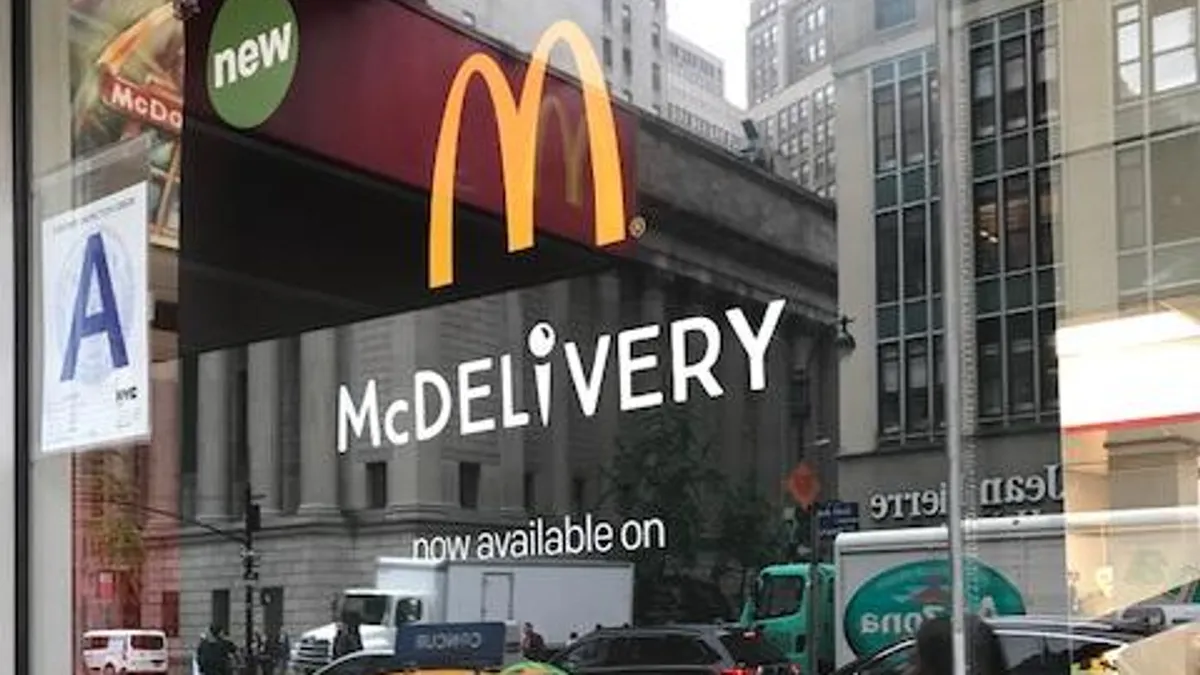Dive Brief:
- As fast-food retailers turn to tech to help with staffing shortages, many are reporting that equipment failures and a lack of adequate training for staff are creating a new crisis, Business Insider reports.
- Employees told Business Insider that add-on amenities, like mobile ordering, delivery and at-table services, add to work that needs to be done while compensation remains stagnant. And whether it’s front of the house tech that customers use to place orders or technology in the kitchen, a frustrated workforce trying to deal with breakdowns or lack of knowledge may experience higher turnover.
- Estimates are that turnover in fast food is at its highest level in 23 years, according to data reported by MIT Technology Review and supplied by PeopleSoft. Average turnover rate has now hit 150% for many providers.
Dive Insight:
The onslaught of new, consumer-oriented tech may at first blush be good for business — but such implementations must be paired with employee training and preparation for employers to see real success, these events reveal. The pressure to maintain staffing levels is hitting the fast-food industry hard. And while automation may soon replace the need for some of these workers, training employees properly on the tools can actually even serve as a retention strategy when done right.
Restaurants are connecting employees with e-learning opportunities for education on tech use and service skills; some have even opted for training through virtual reality and augmented reality platforms. But many are beginning to offer employee education — both on skills needed for their work and for outside degrees — as a benefit to encourage workers to stay on and engaged. An education program piloted at Taco Bell that offers employees educational support, such as tuition discounts for certain classes and college advisors, increased their retention rate by 34%, according to the company.
Fast-food chains and big box retailers, in particular, still face competition from other employers vying for the same labor pool. In turn, some have raised base compensation to better compete with other industries.













